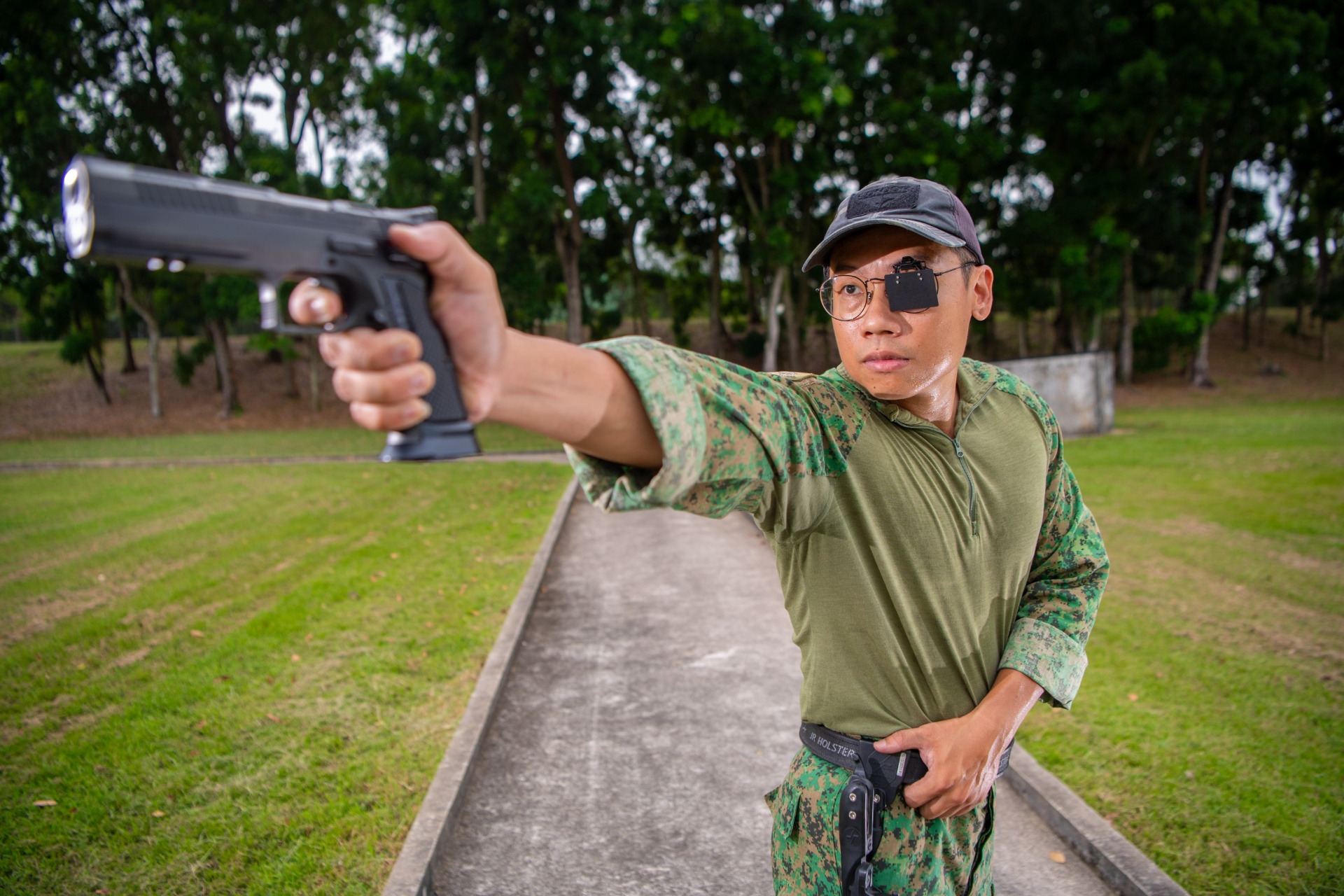TECHNOLOGY
Cyber defenders take on new threats in cloud and AI in national exercise
15 Nov 2024
The third Critical Infrastructure Defence Exercise (CIDeX) brings together cyber defenders from across Singapore to face the ever-evolving challenges of digital threats.
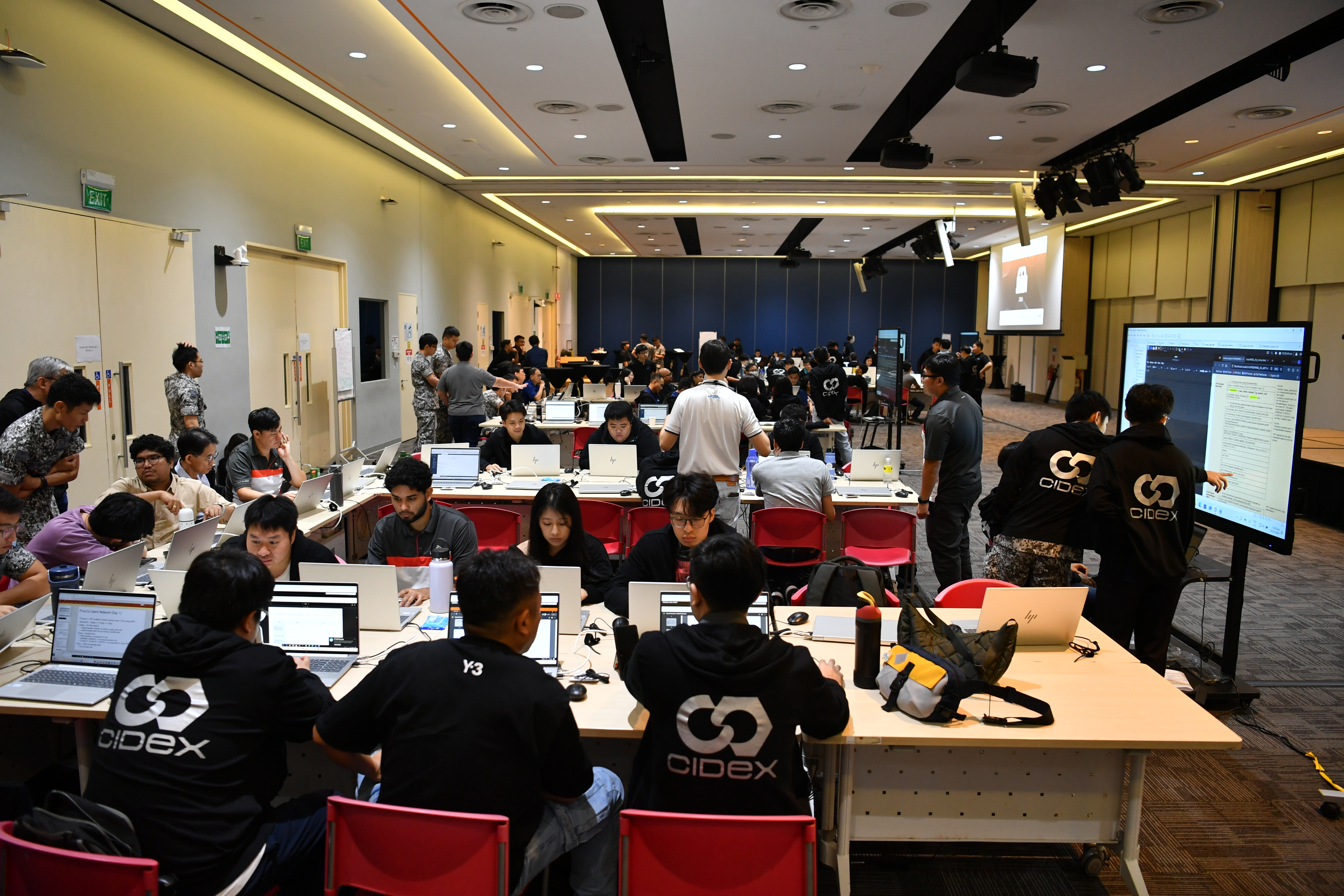
Power grids, water treatment plants, gas distribution, 5G networks, airport operations, land transport – disruptions to any of these could cause massive chaos in our everyday lives.
These six areas were the simulated environments in which cyber defenders had to protect in this year’s CIDeX, which involved more than 200 participants across 26 organisations.
Held from 12 to 15 Nov, the exercise was co-organised by the Digital and Intelligence Service (DIS) and Cyber Security Agency of Singapore (CSA).
This latest edition of CIDeX expanded its digital infrastructure to include two new testbeds: a rail system testbed for land transport, and a Cloud testbed.
This marks the first time a national cyber defence exercise has incorporated a Cloud testbed with live AI (Artificial Intelligence)-driven threats, providing realistic and hands-on scenarios that reflect the complex cyber challenges Singapore faces today.
Close collaboration across sectors
"Cyber defence is a team sport," said Brigadier-General (BG) Edward Chen, 43, Defence Cyber Chief at MINDEF/SAF.
For BG Chen, CIDeX reflects the essential collaboration between Singapore’s civilian and military sectors, as well as their strong partnerships with private organisations, in defending the nation's digital infrastructure.
“The exercise allows us to build realism into our training. With simulations that reflect actual operational environments, participants gain hands-on experience that’s directly relevant to their roles.”
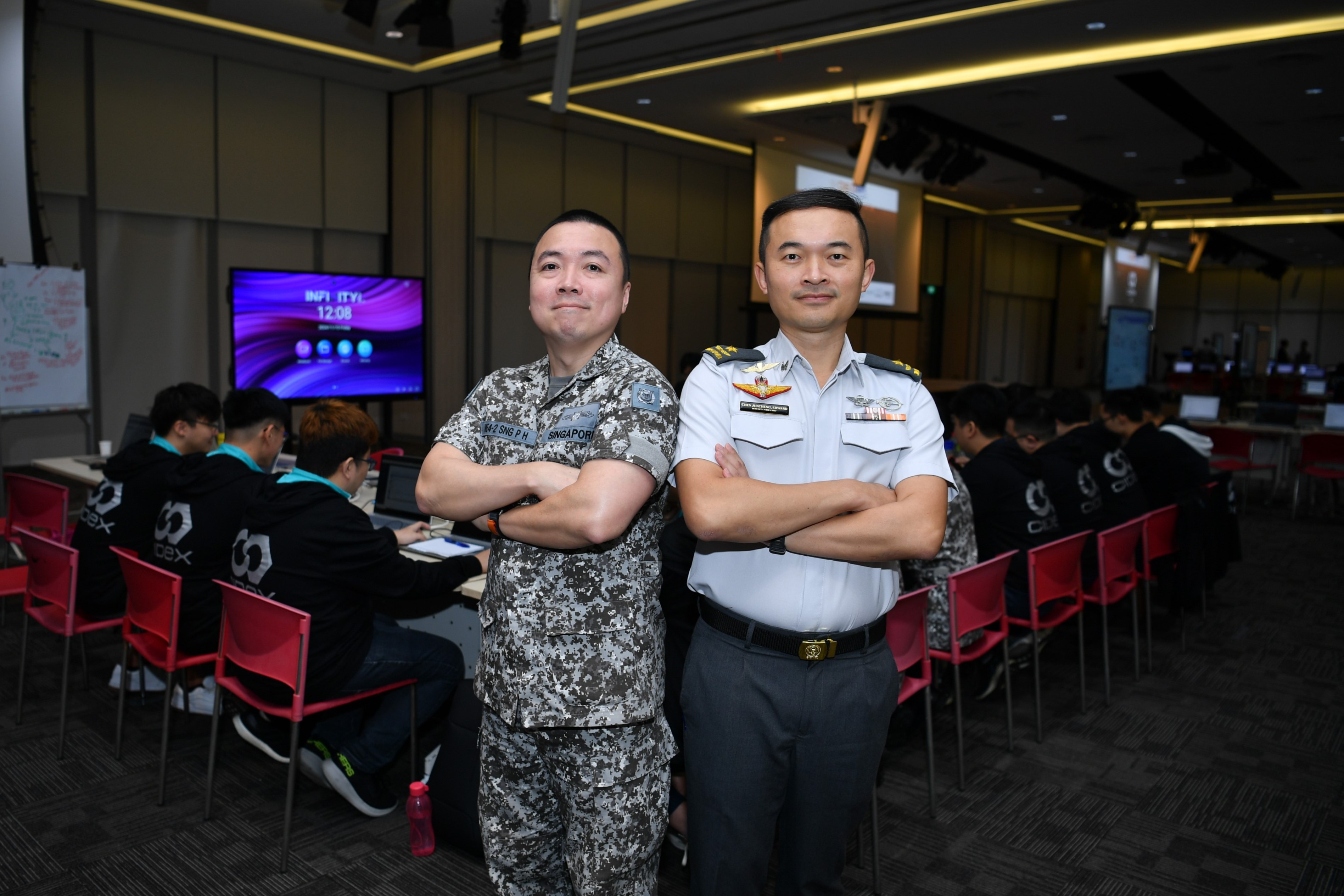
One of the hallmarks of this year’s CIDeX was its expanded Operational Technology testbeds, which now include a rail system simulation.
This addition aims to give participants from the land transport sector realistic training opportunities in a simulated environment that is similar to their daily work.
“It’s crucial that our cyber defenders train in settings that mimic real-world conditions,” BG Chen added, emphasising the value of these tailored simulations.
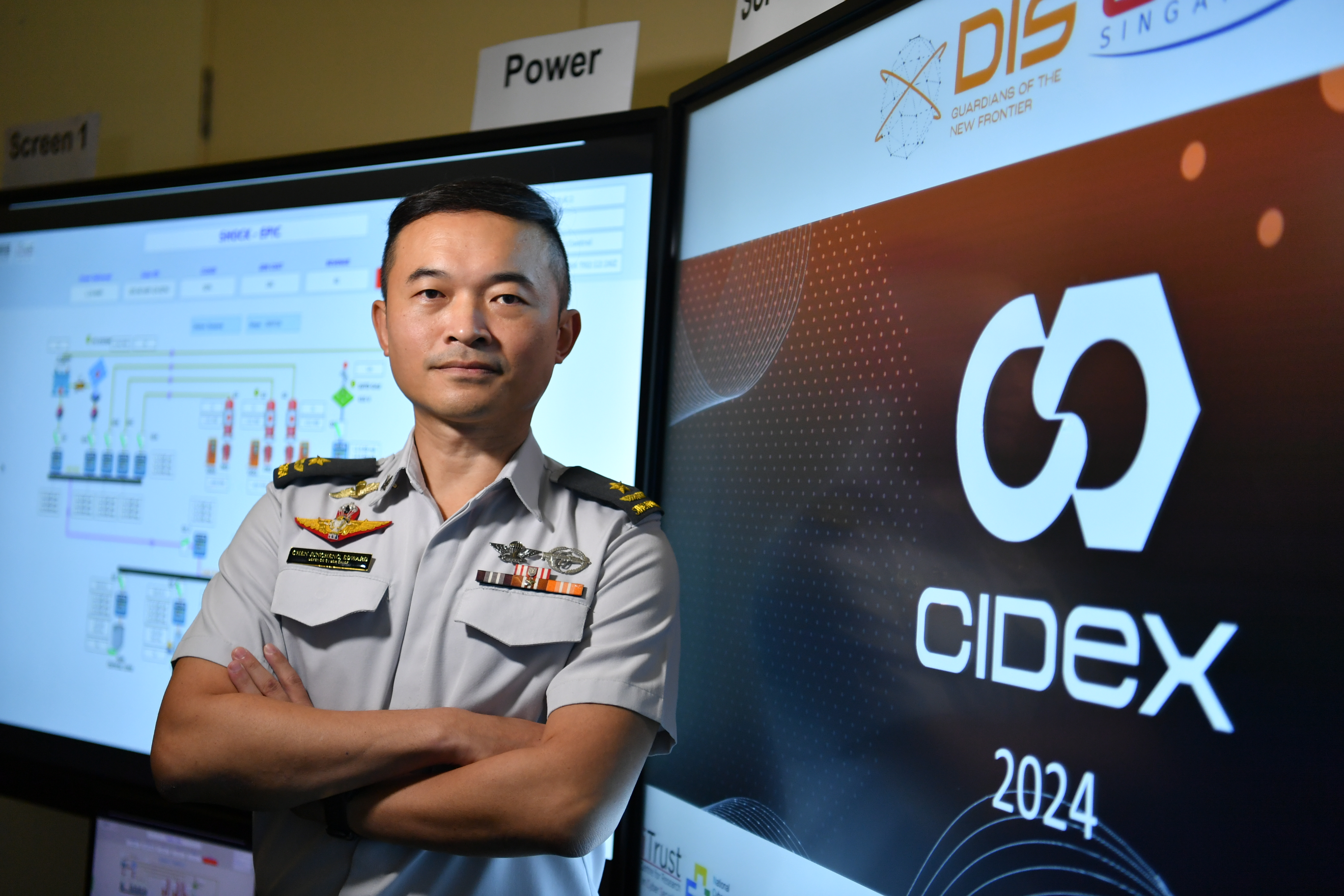
Adapting to emerging technologies
With the rapid growth of AI and cloud computing, BG Chen stressed the importance of keeping defenders up to date on these advancements.
“Our cyber defenders must understand these systems and the unique risks they bring,” he said.
The introduction of the Cloud testbed this year, developed in collaboration with industry partners, is intended to help exercise participants navigate the nuances of cloud technology and identify vulnerabilities within cloud-hosted systems.
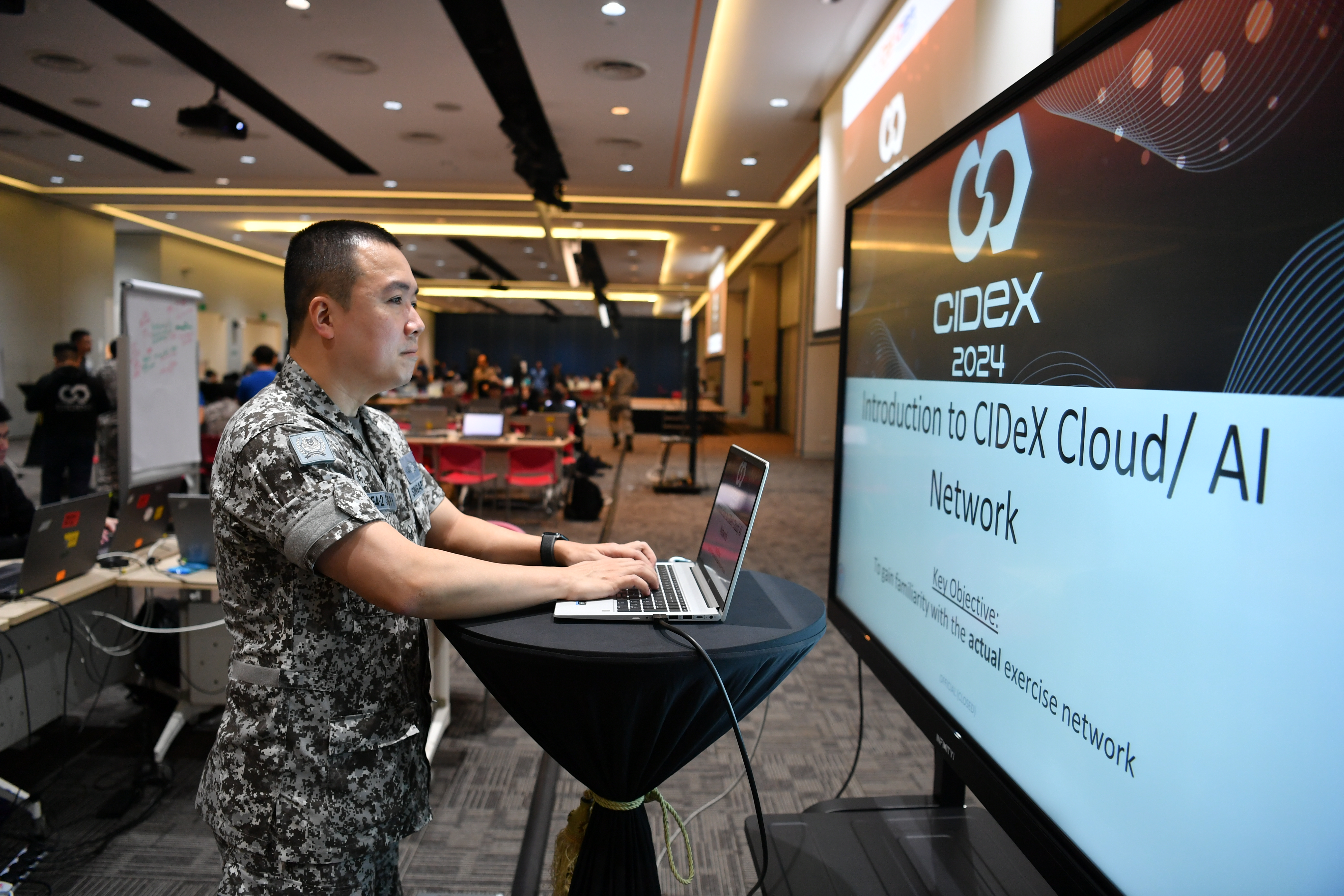
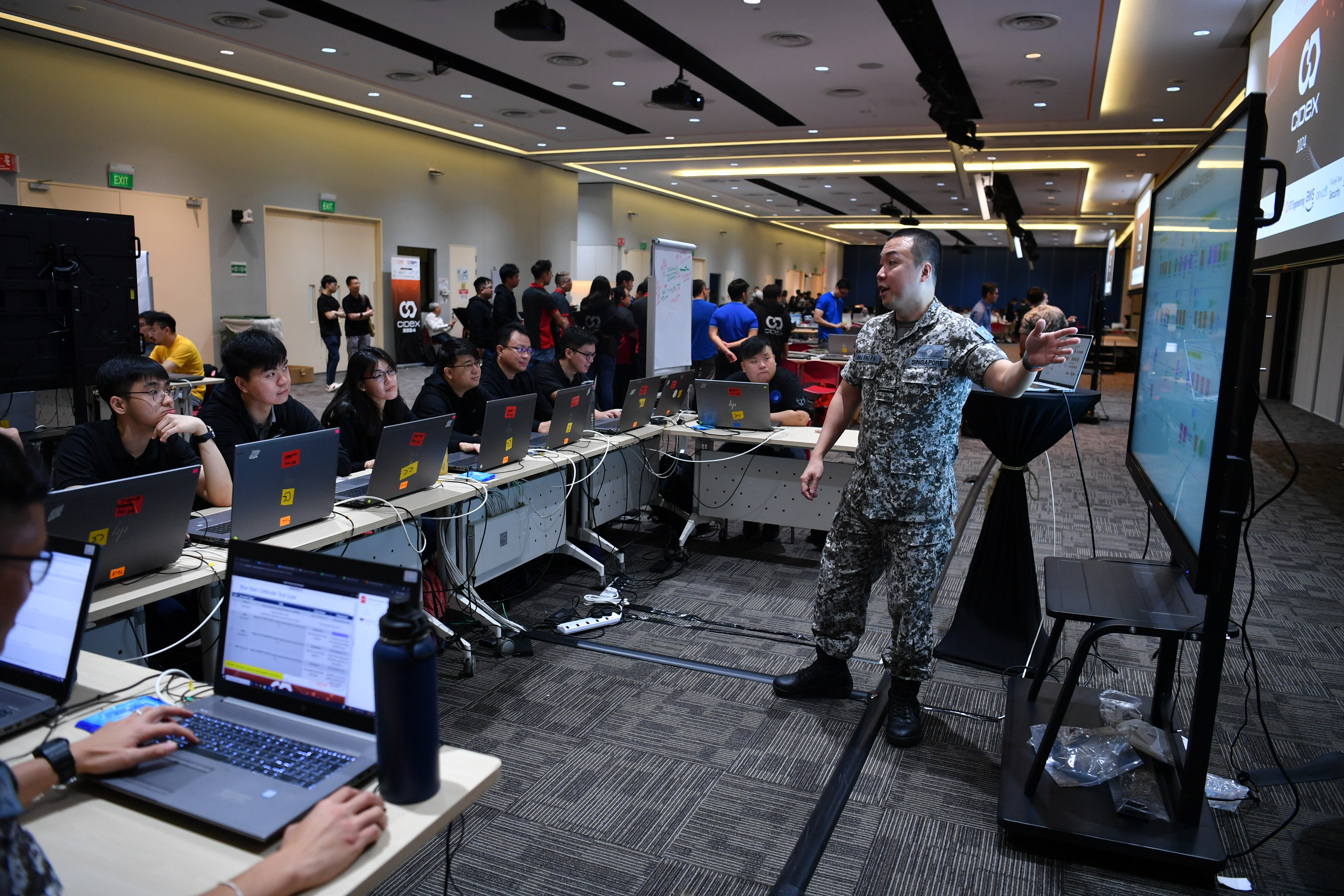
Military Expert (ME) 4 Sng Peng Hwee, a Command, Control, Communications, Computers (C4) expert at DIS, was a key contributor in designing the Cloud testbed.
The 38-year-old explained that the setup includes web and mobile applications designed to reflect real-world cloud environments.
“This setup allows defenders to identify cloud vulnerabilities and recognise AI-centric threats,” he noted. By training with these new tools, participants gain valuable experience that they can apply in real-world scenarios.
Hands-on training in cloud defence
ME4 Sng highlighted the significance of understanding cloud infrastructure, especially as more organisations migrate their systems to these platforms.
“With so many systems moving to the cloud, it’s essential for cyber defenders to get hands-on experience with this technology,” he noted.
“The cloud operates differently from traditional networks, so learning its intricacies helps them defend these environments more effectively.”
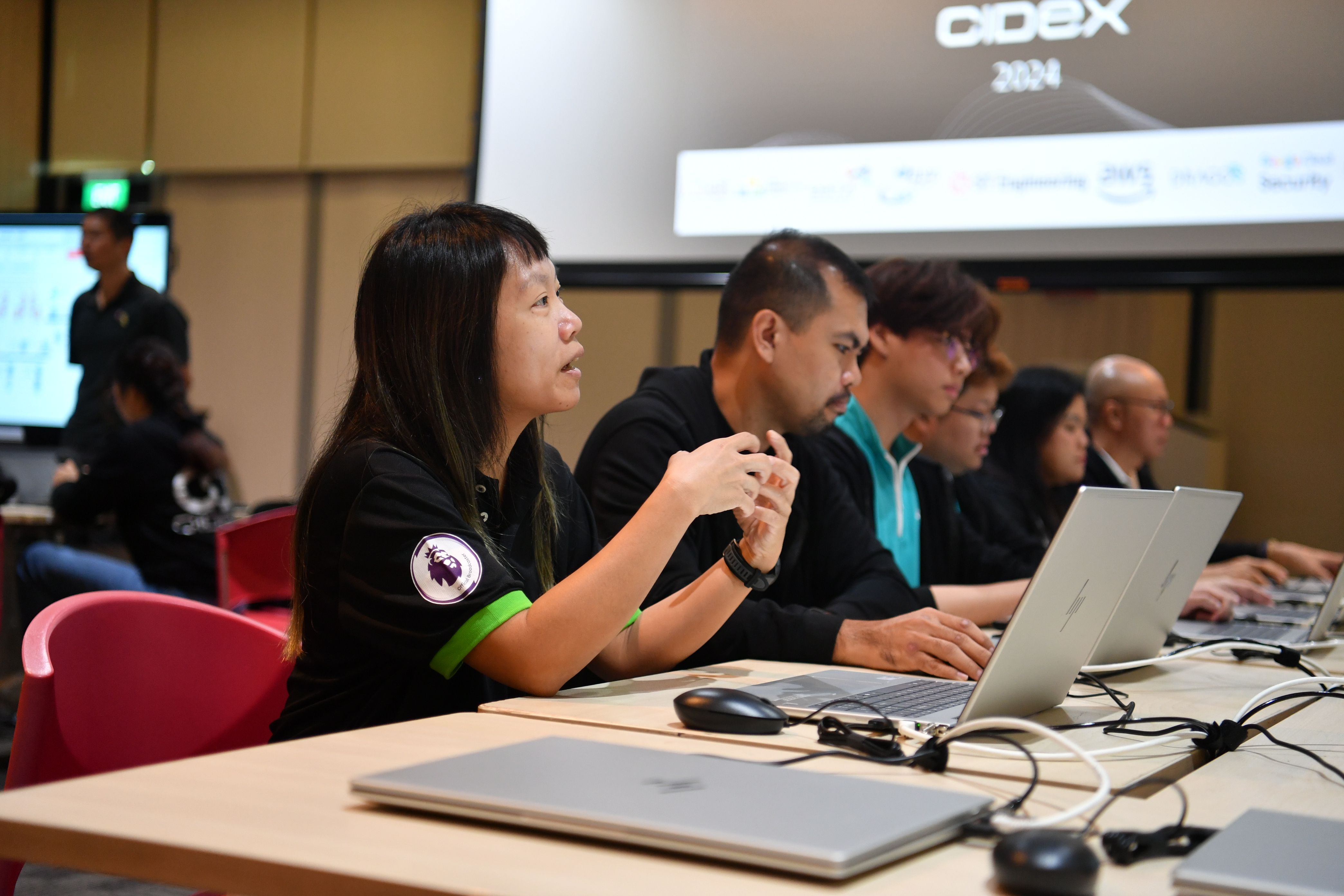
For Ms. Neo Jie Ling, an Information Technology (IT) analyst from StarHub, this exercise provided an opportunity to deepen her knowledge of network analysis and cyber defence.
"I was part of the Blue Team, specifically focusing on the IT aspect, where we looked for unusual patterns that might indicate a cyber attack," said the 40-year-old.
Participants in the Red and Blue Teams took up various roles to respectively carry out attacks and defend the simulated critical infrastructures.
Ms. Neo found that training with advanced tools from Splunk (a data analytics and monitoring platform) and Arkime (a database system) allowed her to work closely with cybersecurity experts and map potential attack paths, gaining skills she could bring back to her role in Starhub.
Preparing for future cyber threats
Reflecting on CIDeX’s value in bolstering national cyber defence, BG Chen noted that cybersecurity is vital not only for businesses but also for protecting Singapore’s way of life.
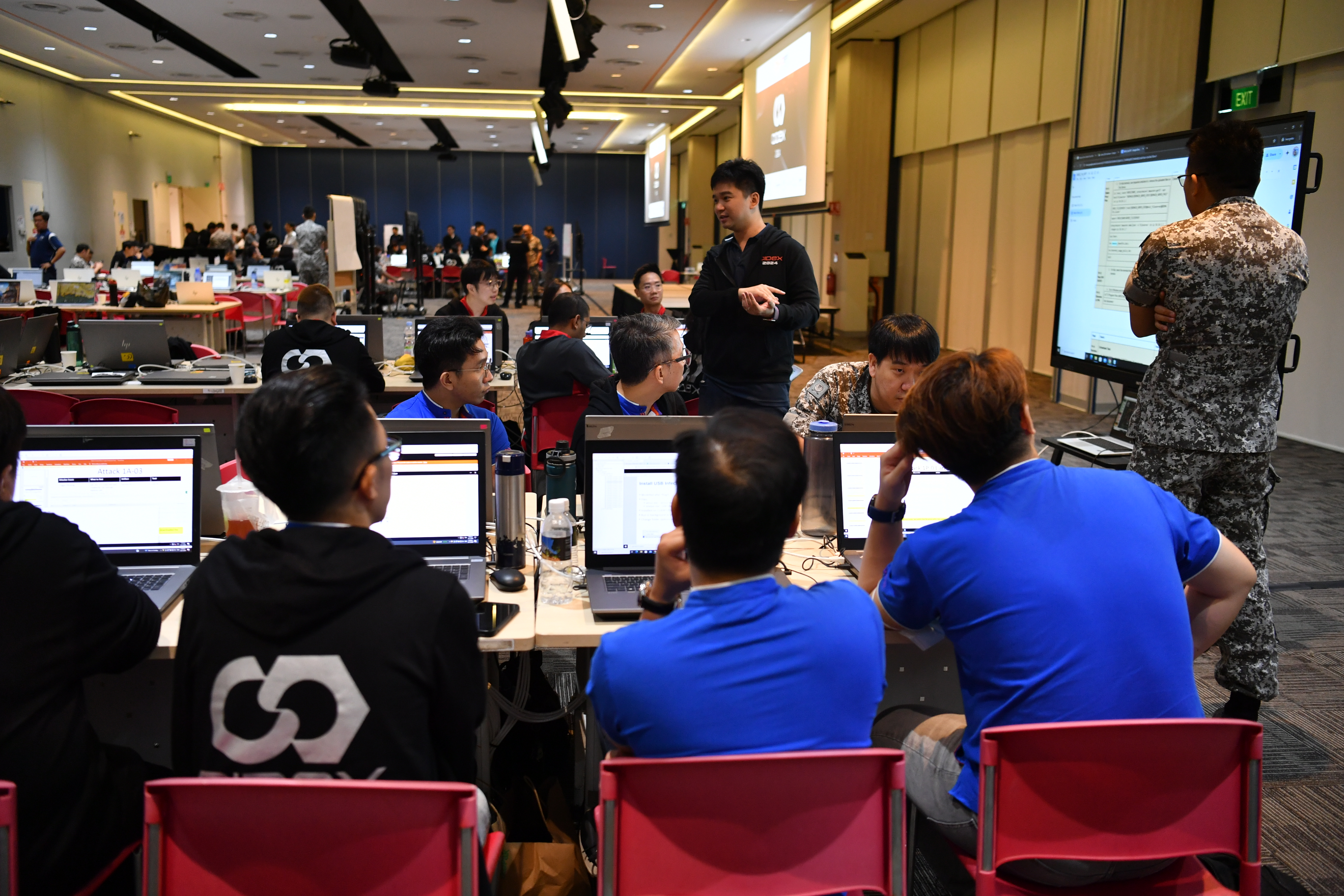
“We can’t afford to treat cyber defence as anything less than a priority,” he said.
“Our cyber defenders are the first line of defence, and CIDeX equips them with the experience they need to respond to realistic scenarios.”
ALSO READ IN TECHNOLOGY
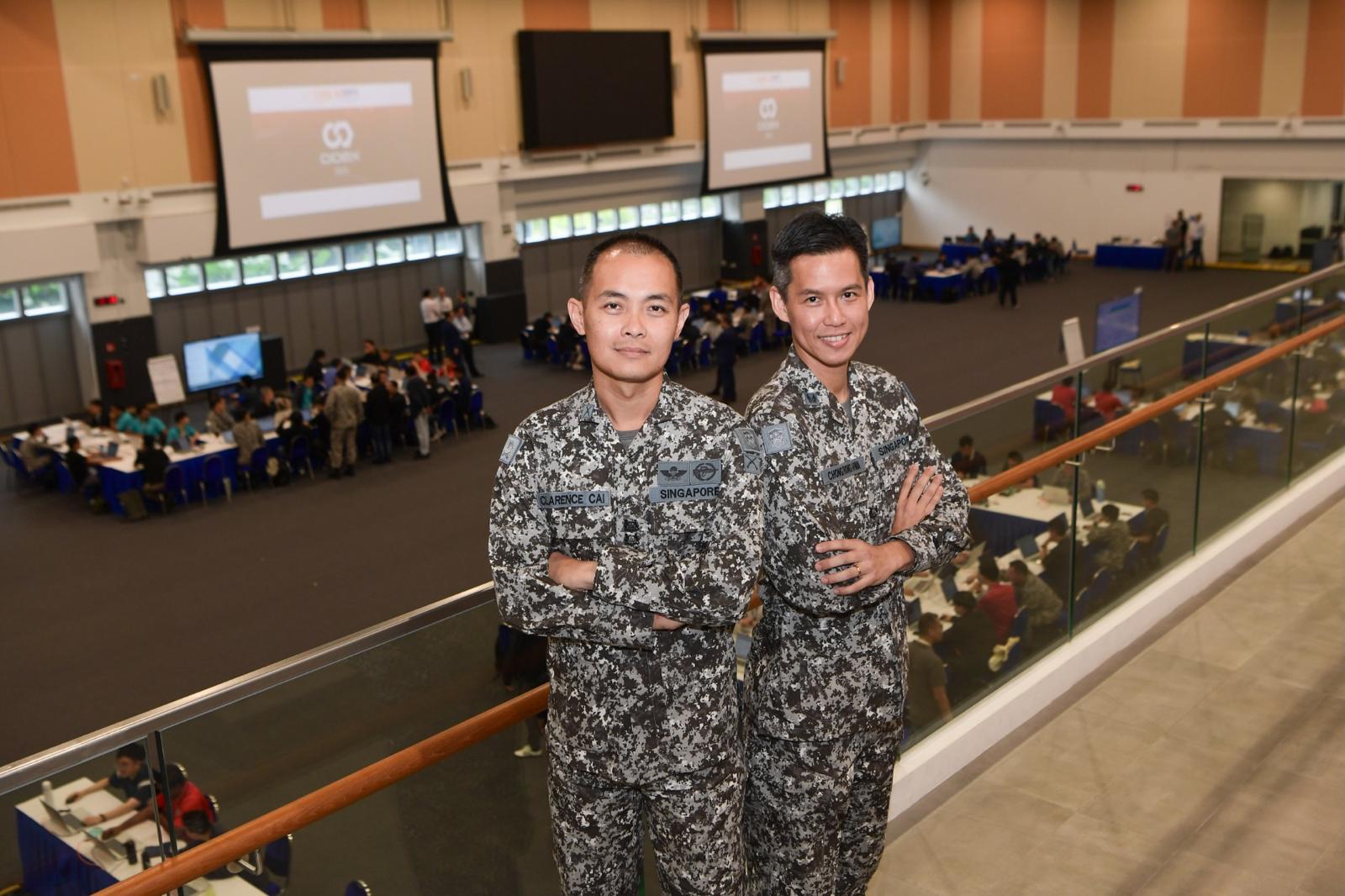
AI joins the fight in national cyber defence exercise
12 Nov 2025
AI and closer collaboration among agencies and industry are taking centre stage in this year’s Critical Infrastructure Defence Exercise (CIDeX).
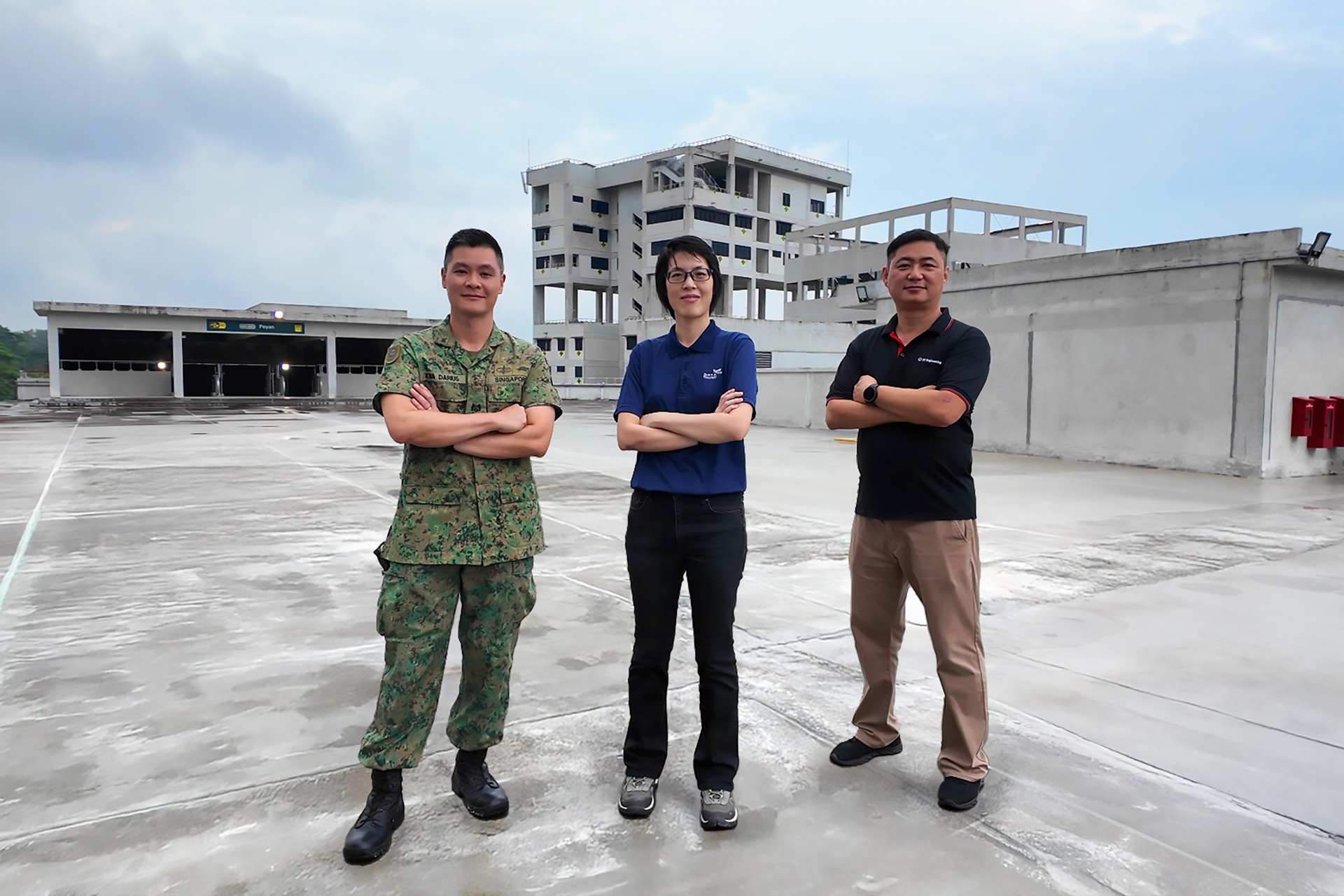
They built this city
01 Oct 2025
Turning vision to reality: the team behind SAFTI City clinches the Defence Technology Prize 2025 Team (Engineering) Award!
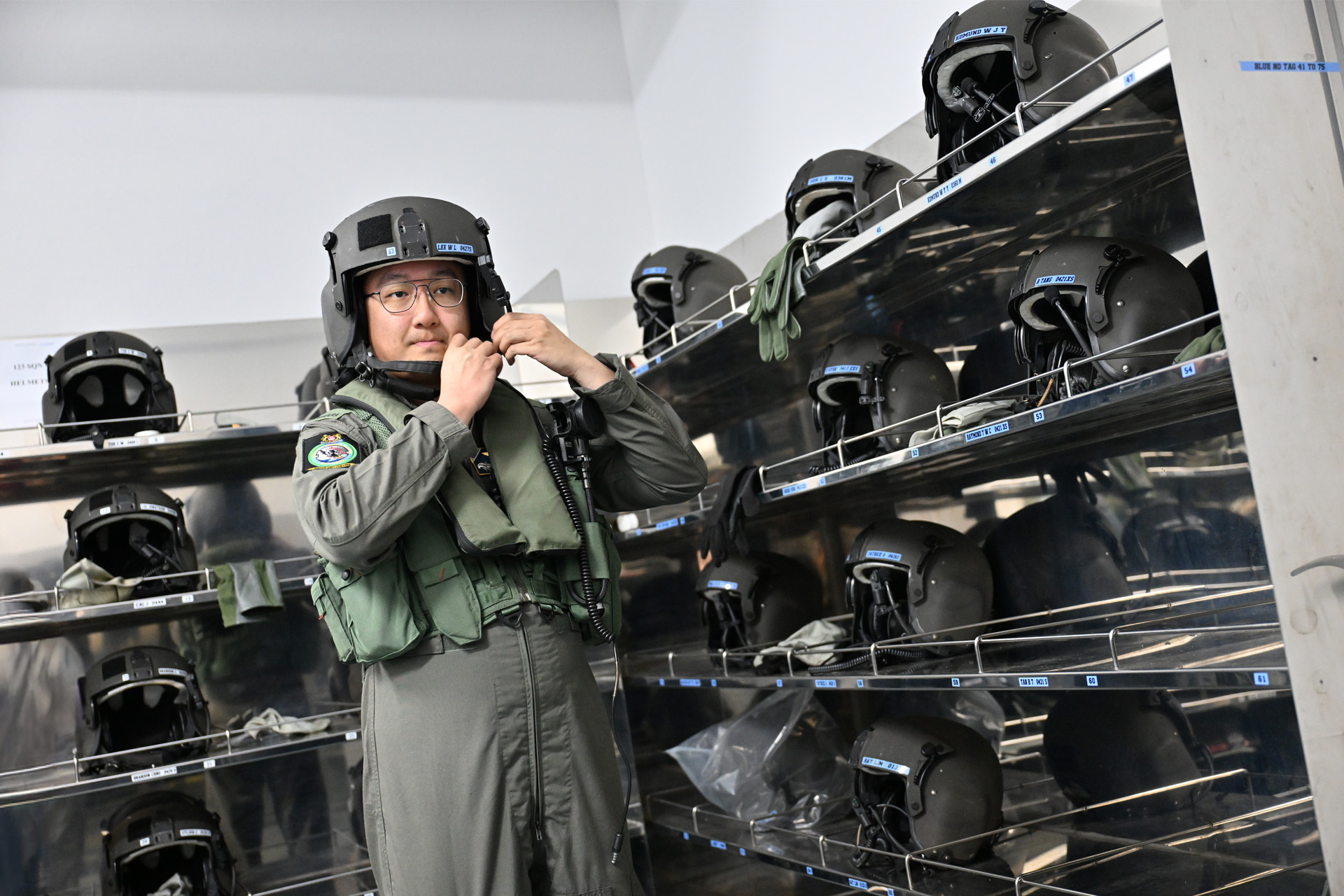
Operating over skies & seas
22 Aug 2025
This gear is designed to help a Sensor Supervisor survive emergencies in the air and at sea.


